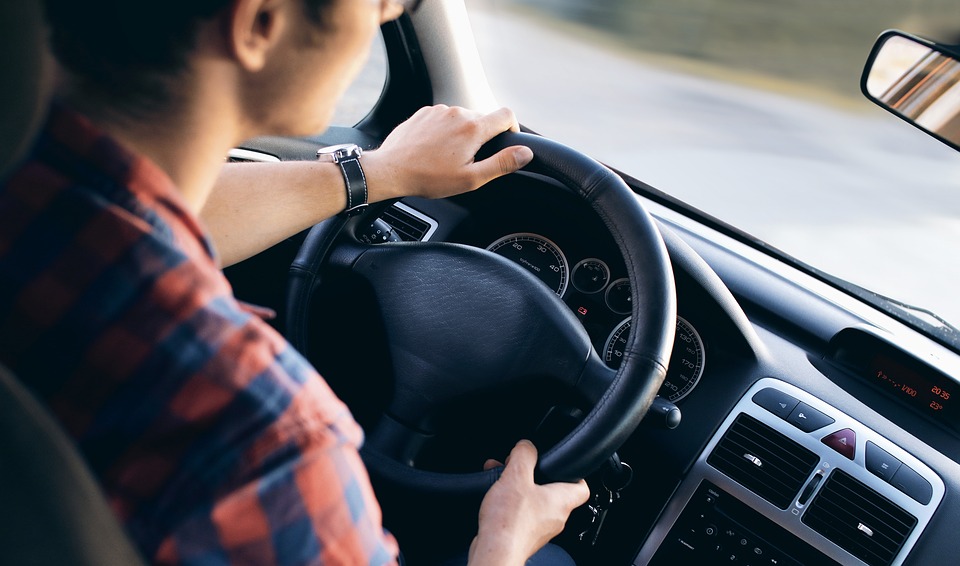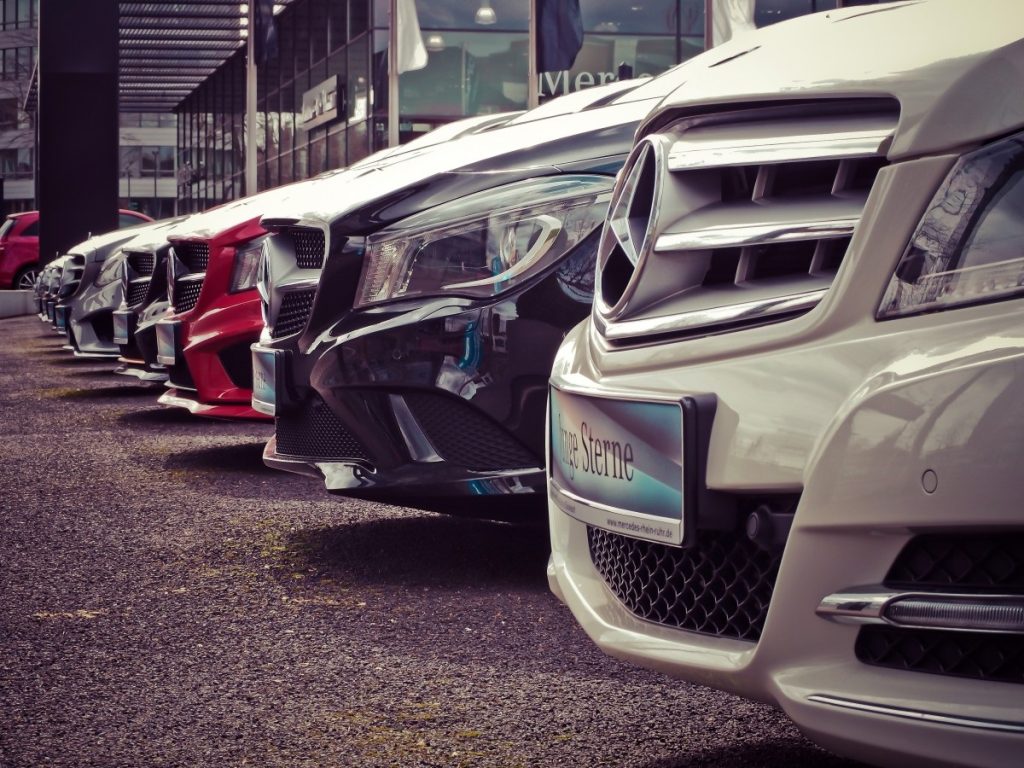
Not all lending institutions will allow a vehicle that is purchased via a private seller to be used as security on a secured car loan. Actually, many lenders will only offer unsecured personal loans, which in most cases attract higher interest rates than that of a secured car loan.
Due to the higher risk of fraudulent activity is why most lenders will not get involved with private transactions unless the seller has a motor dealer’s licence. The lenders that will entertain a private sale car loan will impose certain requirements to ensure all parties are protected.

Below is a list of the most common requirements, and these may change lender to lender.
Some sellers are put off by these requirements posed on them, as they feel that they should not have to provide this information when selling a car.

The financiers that allow the private sale car to be used for a secured car loan are trying to determine that the person or business selling that car is the rightful owner. They also want to ensure that the vehicle is the same car that is being used as security and that if any finance is owed on that car that it will be paid out. The PPSR report shows the financier this, and also if the car has been reported stolen or declared a write-off.
The financier will want to have the funds paid to either the lender with the payout first, then to the same person who owns the car as per the tax invoice and/or registration papers. This ensures the funds are going to the rightful owner.
As the financier providing the private sale car loan is offering their client a discounted interest rate as the car is used as security, the financier wants to ensure that the vehicle they are taking as security will rightfully become the ownership of their clients from purchase, without any repercussions from legal proceedings due to the vehicle being stolen, or another financier having an interest in that vehicle.
You must be logged in to post a comment.